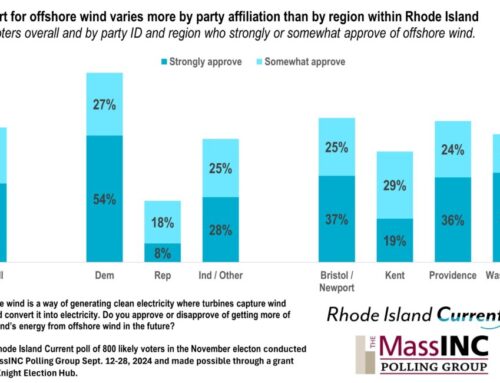California Energy Commission Hosts Monday Workshop on Clean Energy’s Environmental, Public Health Factors
October 4, 2024

SACRAMENTO, Calif.— The California Energy Commission will host a public workshop Monday on the environment and public health consequences of the state’s energy decisions. Commissioners, energy experts and the public will discuss ways to include so-called “non-energy impacts” when planning California’s clean energy and climate future.
In March the commission approved a petition from conservation, environmental justice and local government groups requiring regulators to consider factors such as local air and water pollution, excessive water use and other environmental harms in its decision-making process. This is one in a series of public workshops aimed at developing methods to include these factors in the state’s energy decisions.
What: California Energy Commission hosts a workshop to consider tools and methodologies that can inform state planning on the public health and environmental harms and benefits of regulators’ energy decisions.
When: 10 a.m. to 4 p.m., Monday, Oct. 7, 2024
Where: California Natural Resources Agency Building, 715 P St., First Floor Auditorium, Sacramento, CA 95814
Attend via Zoom or login at the Zoom website and enter the Webinar ID 862 7127 6813 and passcode 136682 and follow the prompts.
Call in toll-free at (888) 475-4499 or toll at (669) 219-2599. When prompted, enter the Webinar ID 862 7127 6813 and passcode 136682.
Who: California Energy Commission members, energy experts, economists, conservation and environmental justice groups, and the public.
Background
The California Energy Commission oversees the mix of energy resources needed to meet the state’s 100% clean energy target by comparing their costs and benefits. Those cost-benefit analyses omit the potential local harms (or “social costs”) and community benefits (or “non-energy impacts”) of energy programs or projects.
The petition approved in March requires the commission to consider consequences such as local air and water pollution, excessive water use, and other environmental harms. For example, in the past power plants and biofuel combustion have been deemed “cost-effective” because the commission has ignored these projects’ pollution and other harms, which fall disproportionately on low-income communities and those of color.
The commission also will be required to consider local benefits such as improved public health from reduced pollution and the resiliency of distributed renewable energy resources. For example, energy-efficiency programs targeting low-income and disadvantaged communities have been deemed not “cost-effective” under a cost-benefit analysis that has ignored the benefits to these families’ wellbeing. That needlessly limits state and federal funding available to serve those communities.
The commission has hired a consultant to develop values and methods to weigh the social costs and non-energy benefits of its decisions.
Search
RECENT PRESS RELEASES
Related Post



